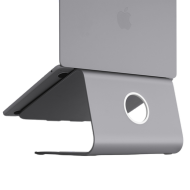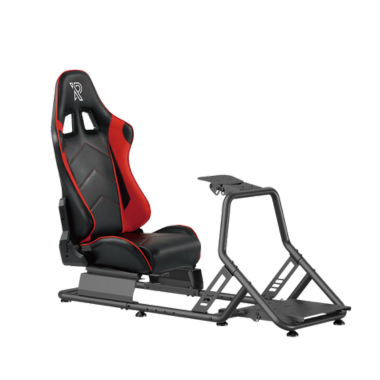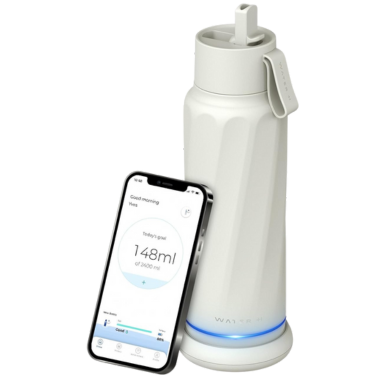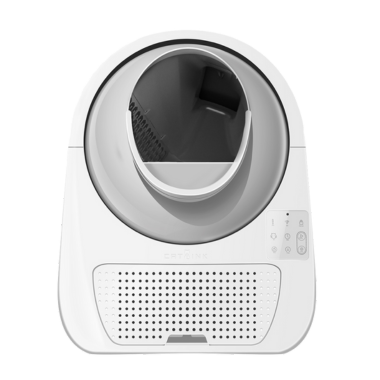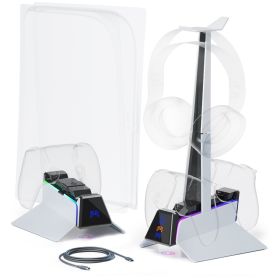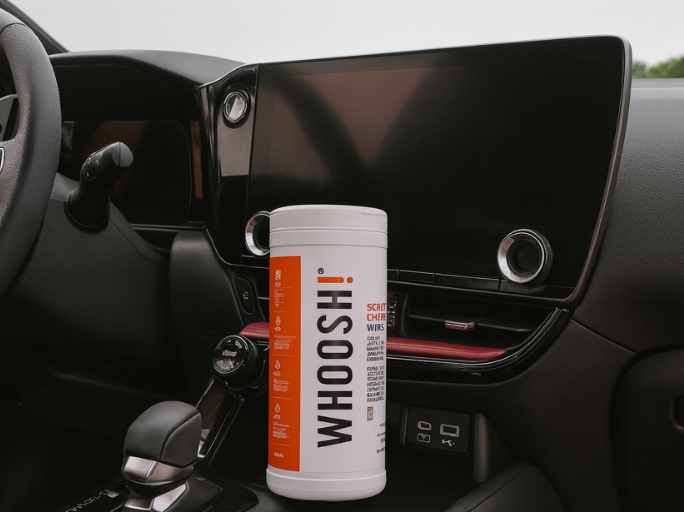
Introduction
Sony’s PlayStation 5 already delivers stunning graphics and gameplay, but with the PS5 Pro on the horizon, gamers are wondering if the upgrade is worth it. This article explores the key differences between the PS5 and PS5 Pro, covering performance, graphics, features, and price, to help you decide which console fits your gaming needs best.
- Introduction
- Performance and Processing Power
- Graphics and Visual Fidelity
- Storage and Load Times
- Backward Compatibility and Game Library
- VR Compatibility
- Pricing
- Is It Worth Upgrading?
Performance and processing power
PS5: The original PS5 is no slouch. It’s powered by a custom AMD RDNA 2 GPU and an 8-core AMD Zen 2 CPU, delivering impressive performance that supports 4K gaming at 60 FPS, with potential up to 120 FPS in some games. The load times are lightning-fast, thanks to its high-speed SSD, and overall, the console provides a smooth and immersive gaming experience.
PS5 Pro: While Sony hasn’t officially released all details, leaks and speculations suggest that the PS5 Pro will feature an upgraded version of the AMD RDNA architecture, possibly RDNA 3, along with a faster CPU. This upgrade will likely allow for 8K resolution support (on compatible TVs) and even better frame rates, pushing for 4K gaming at a steady 120 FPS. Expect even shorter load times and improved multitasking capabilities as well.
Takeaway If you’re chasing the absolute highest performance possible, the PS5 Pro’s potential upgrades might be what you're looking for. For casual gamers, though, the PS5 already delivers excellent performance.
| Specification | PS5 | PS5 Pro |
|---|---|---|
| CPU | Custom 8-core AMD Zen 2 (3.5 GHz) | Custom 8-core AMD Zen 4 (Higher clock speeds, ~3.8 GHz) |
| GPU | Custom AMD RDNA 2, 10.28 TFLOPs, 36 CUs at 2.23 GHz | Upgraded AMD RDNA 3, ~20+ TFLOPs, higher performance |
| RAM | 16GB GDDR6 (448 GB/s memory bandwidth) | 18GB or higher GDDR6 (higher bandwidth) |
| Storage | 825GB SSD (667GB usable), expandable with NVMe SSD | 1TB SSD or higher, faster read/write speeds |
| Resolution | 4K gaming @ 60 FPS, up to 120 FPS; 8K support | Consistent 4K @ 120 FPS; native 8K gaming support |
| Ray Tracing | Hardware-accelerated ray tracing for realistic lighting | Enhanced ray tracing for more lifelike visuals |
| Audio | Tempest 3D AudioTech for immersive sound | Tempest 3D AudioTech with improvements |
| Disc Drive | Ultra HD Blu-ray drive | Ultra HD Blu-ray drive (same) |
| Backward Compatibility | Supports PS4 games with improved performance | Supports PS4 and PS5 games with performance boosts |
| Cooling System | Standard cooling system | Enhanced cooling system for better performance |
| Dimensions | 390mm x 104mm x 260mm | Expected to be slightly larger for better airflow |
| Weight | 4.5 kg (Standard Edition) | Heavier than the PS5 due to upgraded components |
| Price | $499 (Standard), $399 (Digital Edition) | Expected $599 to $699 |
Graphics and visual fidelity
PS5: The PS5’s graphical capabilities are impressive, with ray tracing, HDR, and support for up to 4K resolution. Games look realistic, with rich details, lifelike lighting, and smooth textures that bring characters and environments to life.
PS5 Pro: The PS5 Pro is expected to push visual fidelity even further. Sony may enhance the Pro's ray-tracing capabilities, making reflections, shadows, and lighting more dynamic and realistic. If the PS5 Pro supports 8K output (even if it’s primarily for media and not gaming), it could future-proof the console for the latest in visual technology.
Takeaway: If you’re a graphics enthusiast with an 8K TV, the PS5 Pro’s upgraded visuals might be appealing. However, if 4K is all you need, the PS5 remains a solid choice.

Storage and load times
PS5: The standard PS5 includes an 825GB SSD, with about 667GB available to the user. It’s incredibly fast, allowing for minimal load times, which makes games start up almost instantly. However, the storage size can be a drawback, as it fills up quickly, especially with large AAA games.
PS5 Pro: Rumors suggest that the PS5 Pro will come with a larger SSD, potentially 1TB or more. The SSD will likely be faster as well, which could mean even shorter load times and better data streaming, especially for open-world games.
Takeaway: If you find yourself constantly deleting games to make room for new ones, the PS5 Pro’s storage upgrade might be a relief. For others, external storage solutions for the PS5 are an alternative.
Backward compatibility and game library
Both the PS5 and PS5 Pro will offer full backward compatibility with PS4 games and are expected to support the entire PS5 game library. No major differences here, though the PS5 Pro may allow older games to perform even better with boosted frame rates or enhanced visuals. Below is a list of game being enhanced on the new Ps5 Pro.
| Game Title | PS5 Enhancements | Expected PS5 Pro Enhancements |
|---|---|---|
| Marvel’s Spider-Man 2 | 4K @ 60 FPS with ray tracing, fast load times | Stable 4K @ 120 FPS, improved ray tracing, 8K support |
| Horizon Forbidden West | 4K @ 60 FPS, improved textures, enhanced draw distances | 4K @ 120 FPS, advanced foliage detail, better shadows |
| God of War: Ragnarök | 4K @ 60 FPS, HDR lighting, seamless transitions | Smoother 4K @ 120 FPS, enhanced lighting, 8K output |
| Gran Turismo 7 | Ray tracing in replays, 4K @ 60 FPS gameplay | Real-time ray tracing during gameplay, 4K @ 120 FPS |
| Cyberpunk 2077 | 4K @ 60 FPS, improved textures, ray-traced reflections | Enhanced ray tracing, 4K @ 120 FPS, 8K resolution option |
| Elden Ring | 4K @ 60 FPS, faster loading, minor graphical upgrades | Smoother performance, sharper textures, better effects |
| Final Fantasy XVI | 4K @ 60 FPS, HDR visuals, high-quality character models | Locked 4K @ 120 FPS, faster load times, enhanced detail |
| The Witcher 3: Wild Hunt | 4K @ 60 FPS, ray tracing, upgraded visuals in the Next-Gen patch | Higher FPS, advanced ray tracing, improved textures |
| Assassin’s Creed Mirage | 4K @ 60 FPS, dynamic lighting, faster load times | Consistent 120 FPS, improved ray tracing, better draw distance |
| Resident Evil 4 Remake | 4K @ 60 FPS, ray-traced shadows and reflections | Stable 4K @ 120 FPS, improved lighting, sharper visuals |
| Ratchet & Clank: Rift Apart | Instant dimension transitions, 4K @ 60 FPS | Faster transitions, smoother 4K @ 120 FPS |
| Death Stranding: Director’s Cut | 4K @ 60 FPS, faster load times, DualSense haptics support | 4K @ 120 FPS, improved terrain rendering, smoother visuals |
| Demon’s Souls (Remake) | 4K @ 60 FPS, improved lighting and textures | 4K @ 120 FPS, even better shadows and reflections |
| Call of Duty: Modern Warfare III | 4K @ 60 FPS multiplayer, ray-traced effects | 4K @ 120 FPS multiplayer, sharper visuals, better lighting |
| Silent Hill 2 Remake | 4K @ 60 FPS, advanced lighting, and horror atmosphere | Smoother performance, 4K @ 120 FPS, upgraded visuals |
VR Compatibility
With the upcoming release of the PSVR 2, Sony is betting big on virtual reality. Both the PS5 and PS5 Pro will support PSVR 2, but the Pro may provide an advantage in delivering smoother frame rates and a better VR experience overall, thanks to its anticipated power boost.
Takeaway: For VR enthusiasts, the PS5 Pro might deliver a more seamless, visually impressive VR experience.
Pricing
As with any new tech, pricing is a crucial factor. The PS5 retails at around $499 for the standard edition and $399 for the digital edition (without the disc drive). The PS5 Pro will likely be more expensive, potentially in the $699-$799 range, given the enhanced specs.
Takeaway: If budget is a concern, the PS5 still provides great value for its price. But if you’re willing to invest a bit more for the latest upgrades, the PS5 Pro might be worth it.
Is It Worth Upgrading?
This is the big question. If you already own a PS5, is the PS5 Pro worth the upgrade?
- Gaming Resolution and Frame Rate: If you want to push your games to 4K at 120 FPS or have an 8K setup, the PS5 Pro may offer that enhanced experience.
- VR Capabilities: If you’re planning to get into VR gaming with PSVR 2, the Pro could provide a smoother and more immersive experience.
- Future-Proofing: The Pro’s rumored specs suggest it could handle next-gen games better as they become more demanding.
However, if you’re satisfied with 4K gaming and don’t need ultra-high frame rates, the PS5 already offers a phenomenal gaming experience. Many gamers may find that the PS5 meets their needs perfectly well for this generation.




